Easy Alphabet Worksheets Activities With Answers for Ages 5-9
6 filtered results
-
From - To
Welcome to our Easy Alphabet Worksheets Activities, designed specifically for children ages 5-9! These engaging worksheets help young learners develop their reading and writing skills while exploring the exciting world of letters. Each activity is crafted to enhance children’s understanding of the alphabet, combining fun, interactive elements with educational content. You’ll also find answer keys for each worksheet, making it easy for parents and teachers to support their children’s learning journey. Encourage early literacy and create a love for learning with our thoughtfully designed resources that stimulate creativity and boost confidence! Start exploring today and watch your child thrive!
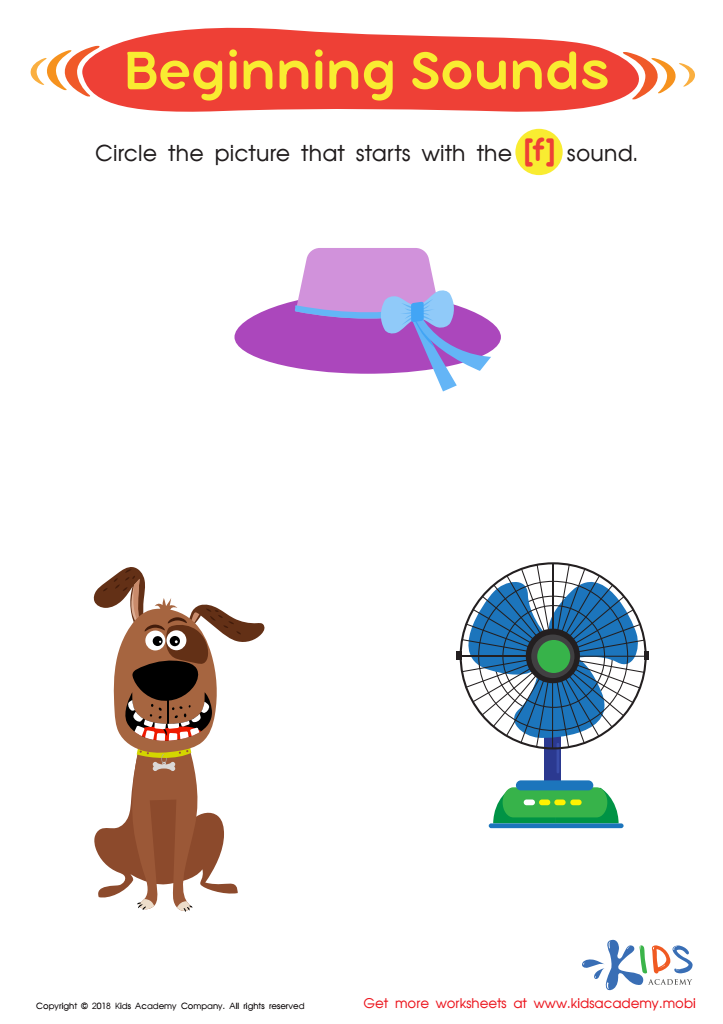

Beginning Sounds Assessment Printable
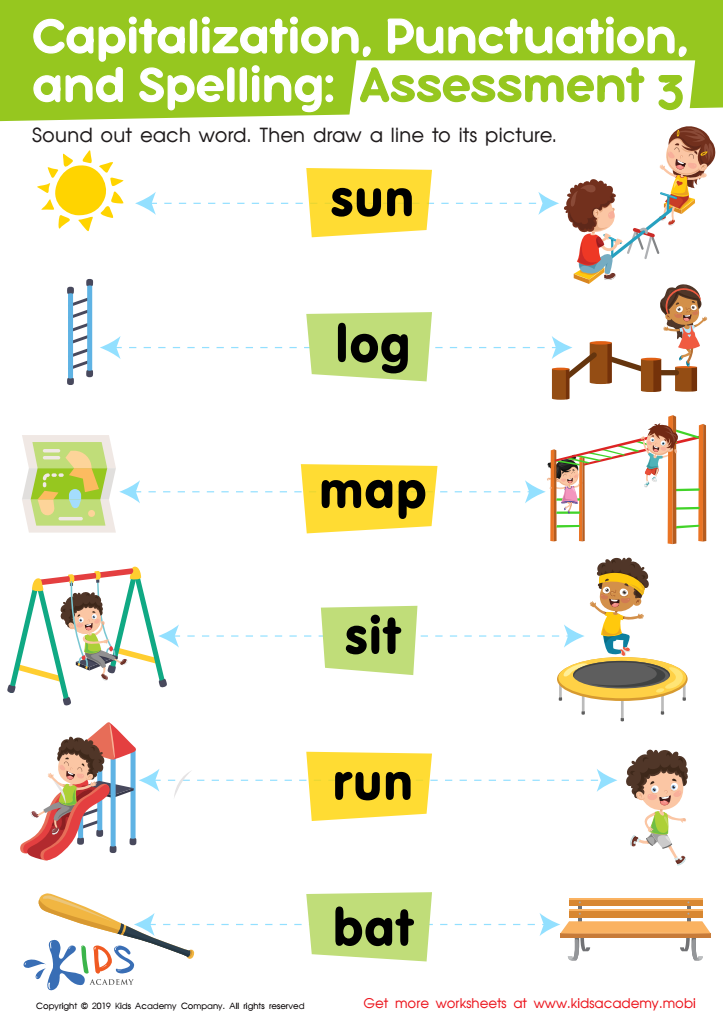

Capitalization. Punctuation. Spelling. Assessment 3 Worksheet
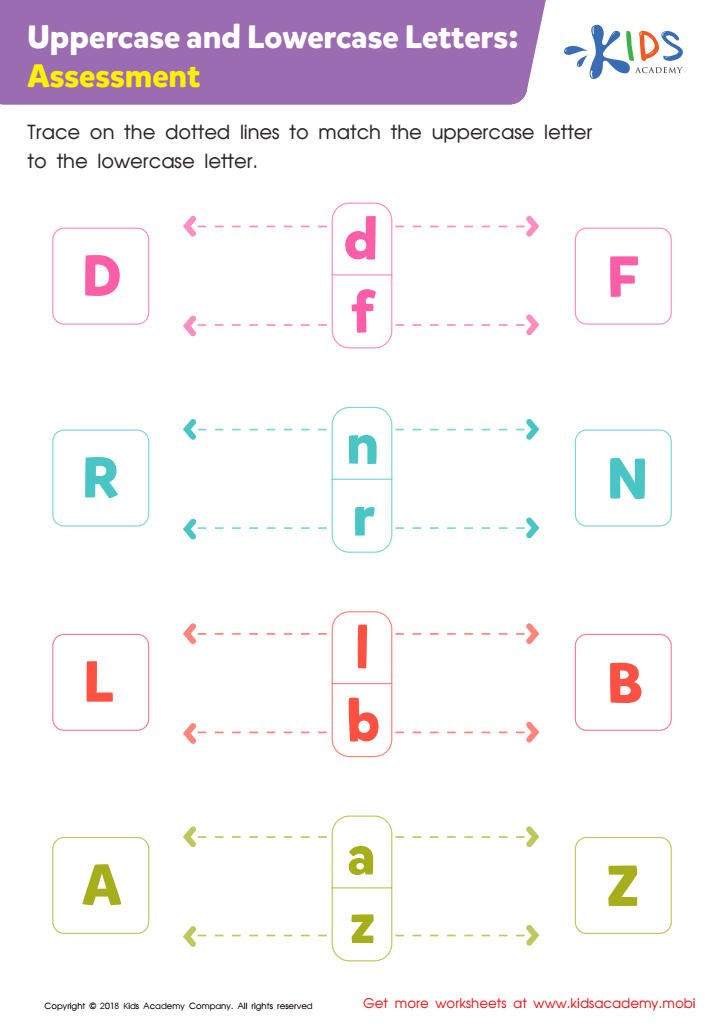

Uppercase and Lowercase Letters: Assessment Worksheet
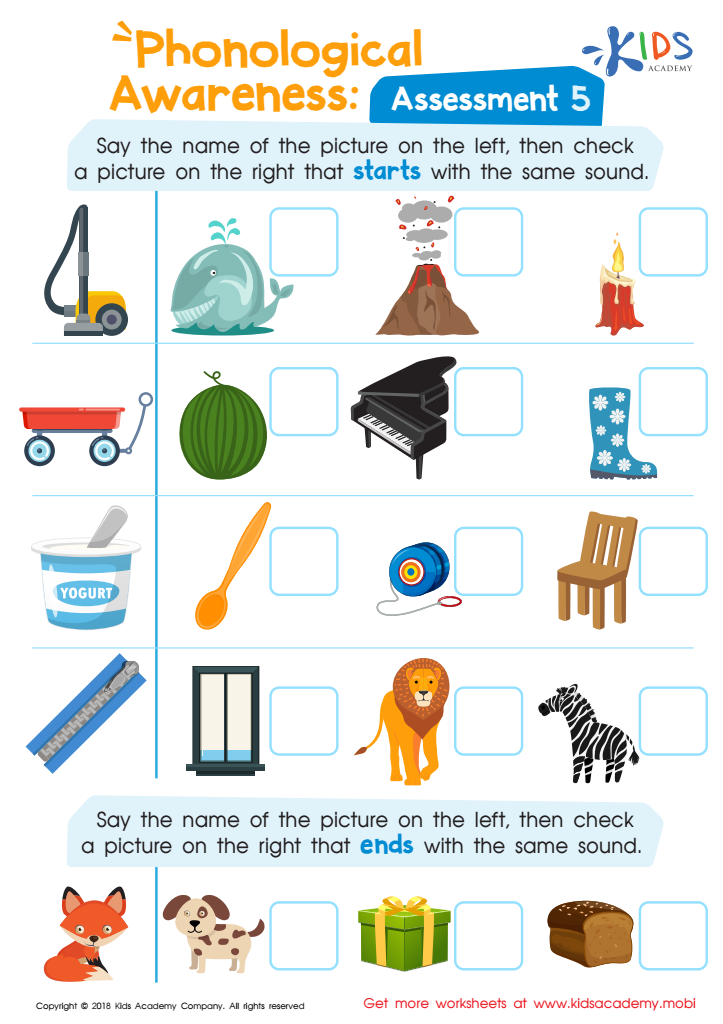

Phonological Awareness: Assessment 5 Worksheet


Phonics and Word Recognition: Assessment 1 Worksheet
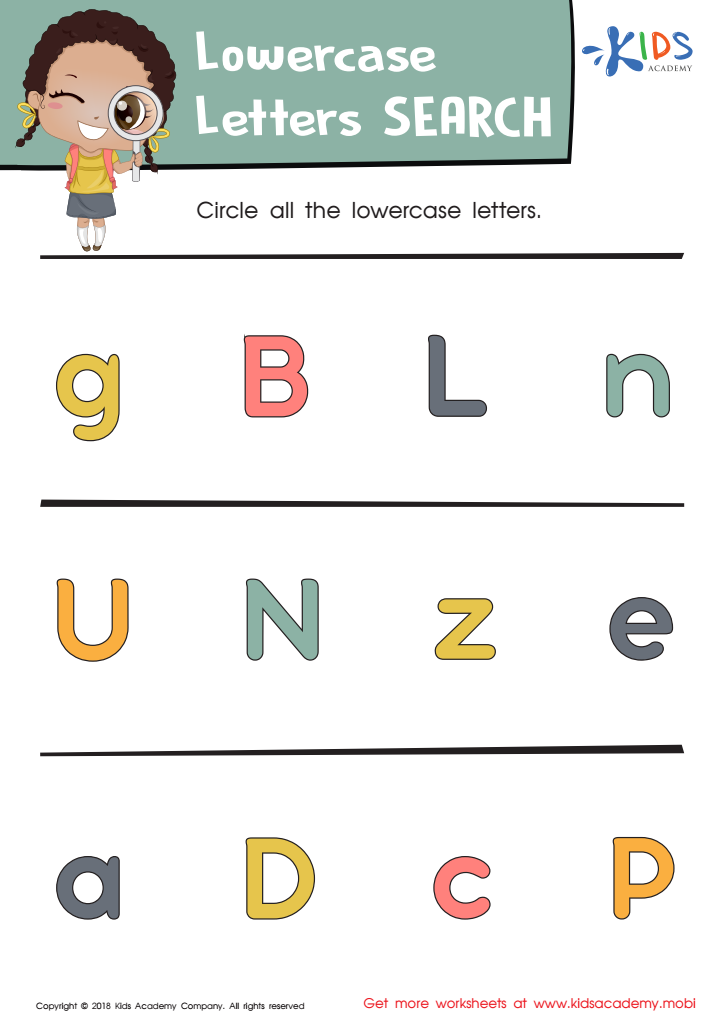

Lowercase Letters Search: Assessment Worksheet
Parents and teachers should prioritize Easy Alphabet Activities With Answers for Ages 5-9 because early literacy is crucial for a child's academic success and overall development. These activities engage young learners in a fun and interactive way, fostering a love for letters and language. When children participate in playful exercises, they not only enhance their phonetic awareness but also improve fine motor skills through hands-on tasks like tracing and crafting.
Moreover, structured activities provide immediate feedback, allowing kids to understand their progress and areas for improvement. This helps build their confidence and motivation as they navigate through the alphabet, spelling, and basic reading comprehension. Additionally, using varied and visually appealing activities can cater to different learning styles, ensuring that all children, including those who may struggle with traditional methods, can thrive.
By incorporating these easy activities into their learning environments, parents and teachers can create a supportive and stimulating atmosphere that encourages curiosity and creativity. Ultimately, engaging in such foundational literacy practices sets the groundwork for future learning, helping children become proficient readers and successful students in their later academic journey.
 Assign to My Students
Assign to My Students















